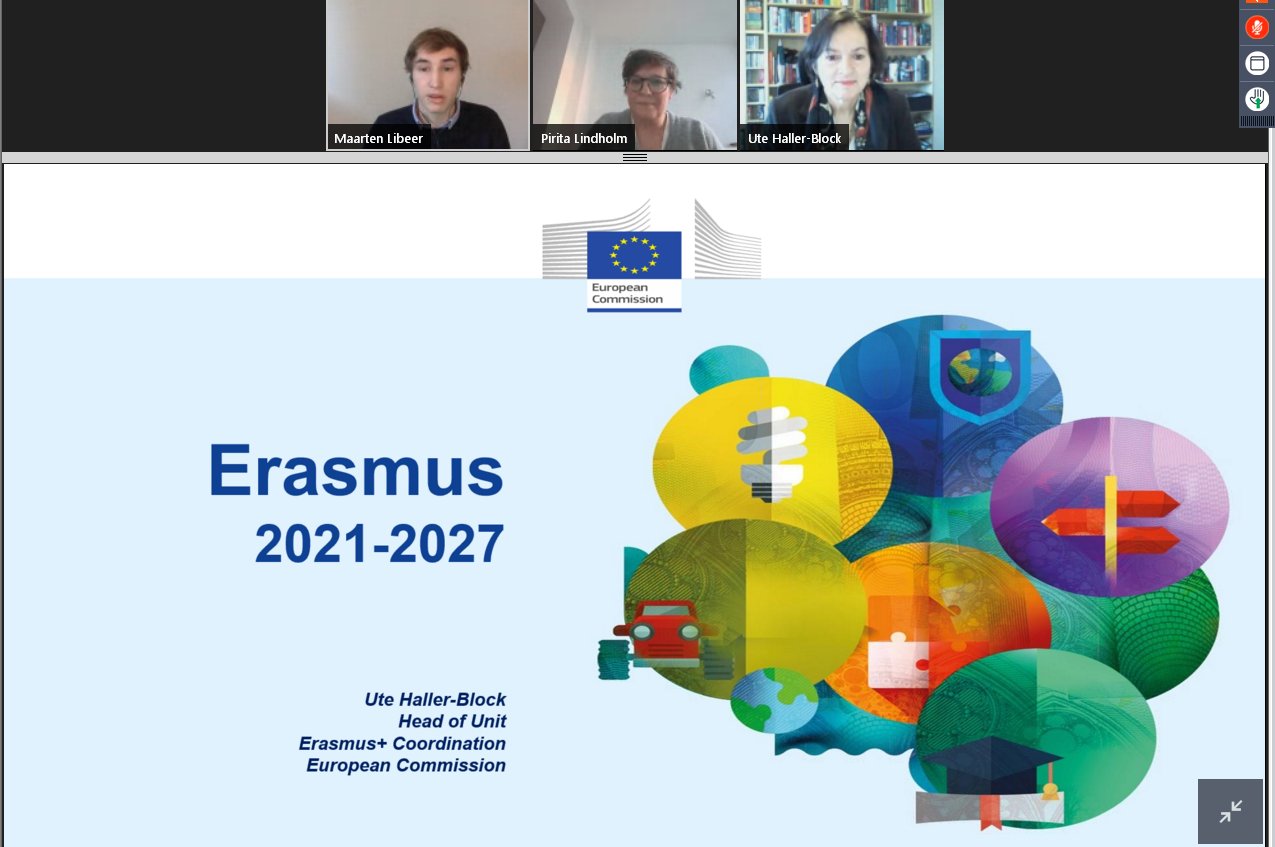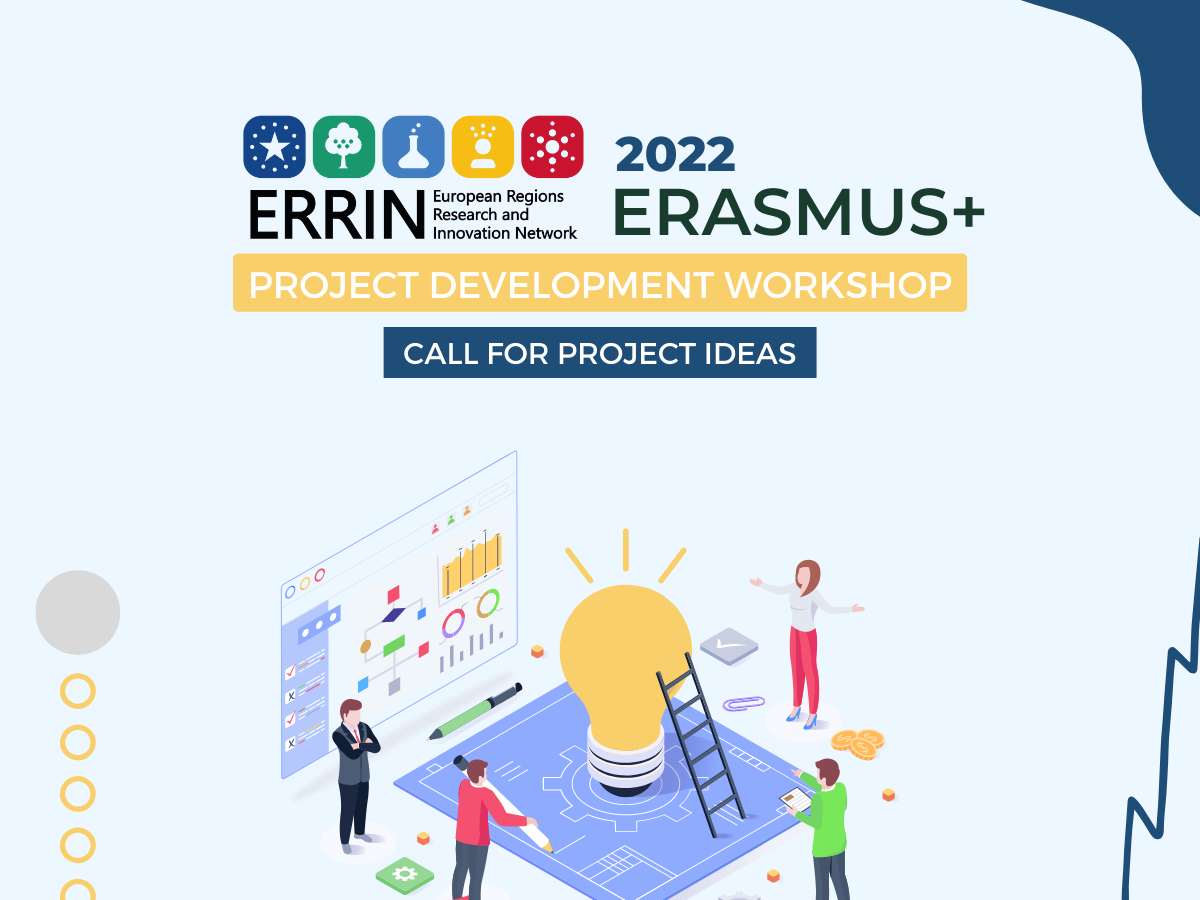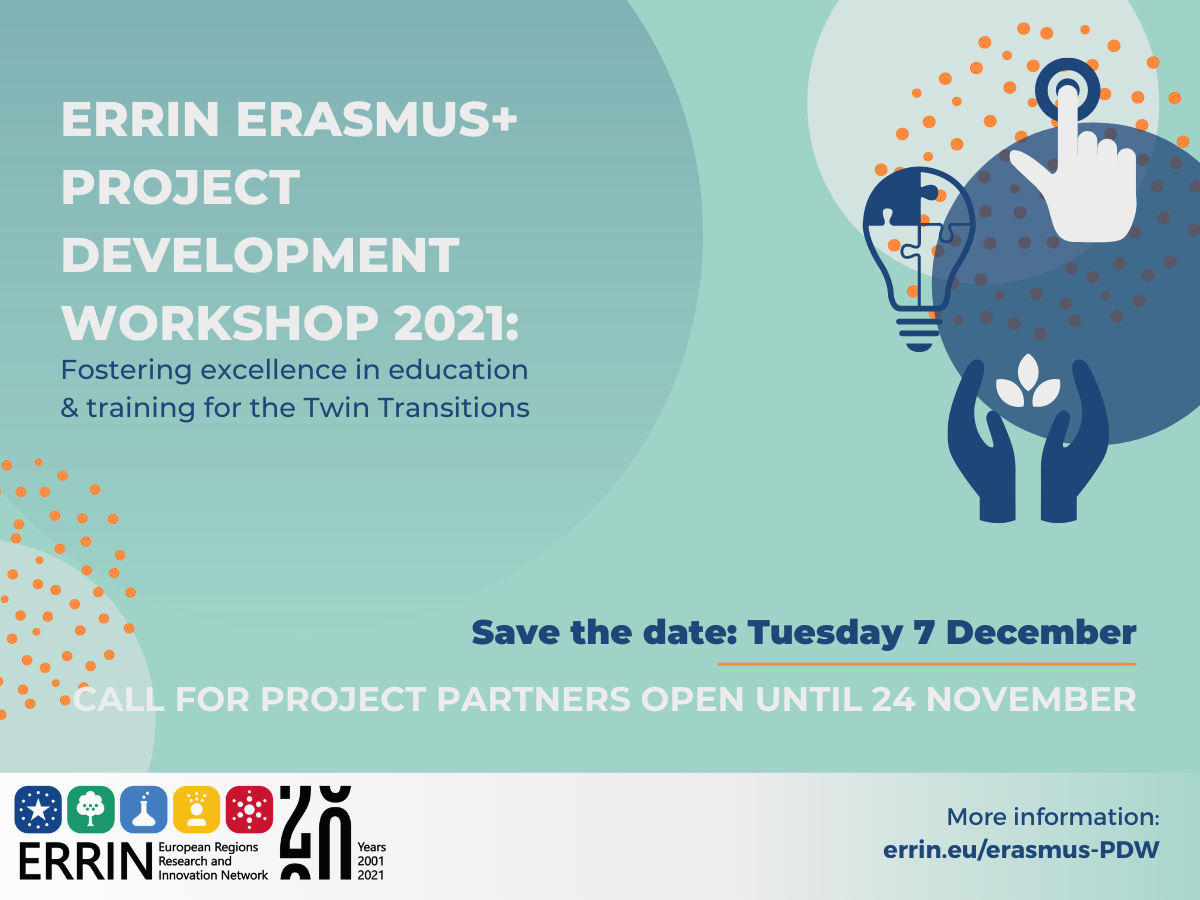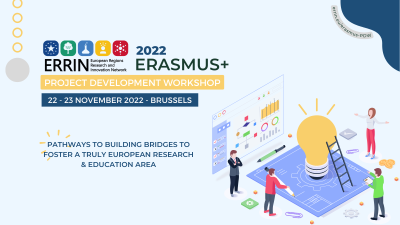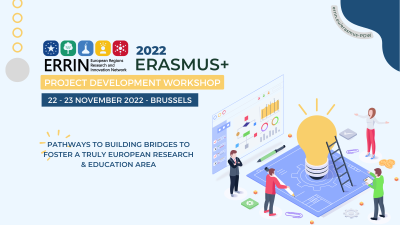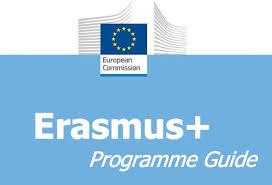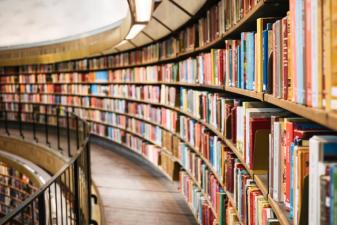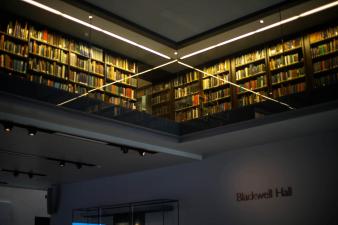The 2020 edition of the Erasmus+ PDW took place on 24 November on the theme of 'Education for global competencies: green, digital, intercultural & lifelong learning'.
Following a plenary session with speakers from the European Commission, the Programme for International Student Assessment (PISA) and UNESCO, 13 project development sessions took place. Over 230 individuals attended the plenary session. Learn more about the edition and its theme below.
Having the competences to be able to participate in interconnected, complex, and diverse societies is becoming increasingly important to live harmoniously in multicultural communities, be media literate, and thrive in a changing labour market. These global competences relate to the capacity to analyse local, global, and intercultural issues, to understand others’ perspectives and world views, to engage in open interactions with people from different cultures, and to act for collective well-being and sustainable development (OECD).
Developing this kind of global and intercultural outlook in life is a continuous and lifelong process starting early on in pre- and primary school. However, we cannot wait for new generations to grow up, so we need to equip the existing workforce with adequate global skills that will enable them to function and collaborate in a global context.
Under the umbrella of education and training of global competences we have identified four sub-themes that serve as inspiration and an anchor point for your project idea, based on the priorities of the European Union for the next five years.
Green skills in a global perspective
The Green Deal is the new growth strategy for the EU and an overarching policy framework for the new Commission. Developing and exploring the skills for the green transition in a global perspective and understanding the global nature of climate and environmental issues is key to delivering on the objectives set out in the Green Deal and an important part of learning global citizen skills.
Digital skills in a global world
The digital transformation is one of the key challenges identified by the European Commission, and education plays a quintessential role in getting European citizens ready and fit for the digital age in a global world. Thus, digital skills play an important role in being globally competent, in that understanding the global nature of digital spaces, for example, can help people better understand the world we live in, express themselves responsibly, figure out how to use and create digital medias that work across cultures and how to utilise the global digital business opportunities.
Intercultural competences
At the core of global competences sits intercultural competences – a complex set of knowledge, skills and abilities - which are perhaps the most crucial competences of our time, here at the brink of globalisation 4.0. This includes for example knowledge about other cultures, the dynamics of intercultural interaction, self-awareness/identity, effective and appropriate communication, the role of language, and behaviour when interacting across cultural differences, to mention just a few aspects of this theme.
Global competence as a life-long learning process
How might we design and conceptualise teaching and training of global competences as a lifelong process, acknowledging that an individual will never become completely globally competent? Developing teaching and learning opportunities for children and young people only, is just the beginning. We need to make global competences part of a lifelong learning scheme continuing throughout VET and higher education into adult education and training programmes. This should include documenting and recognising these competences.
